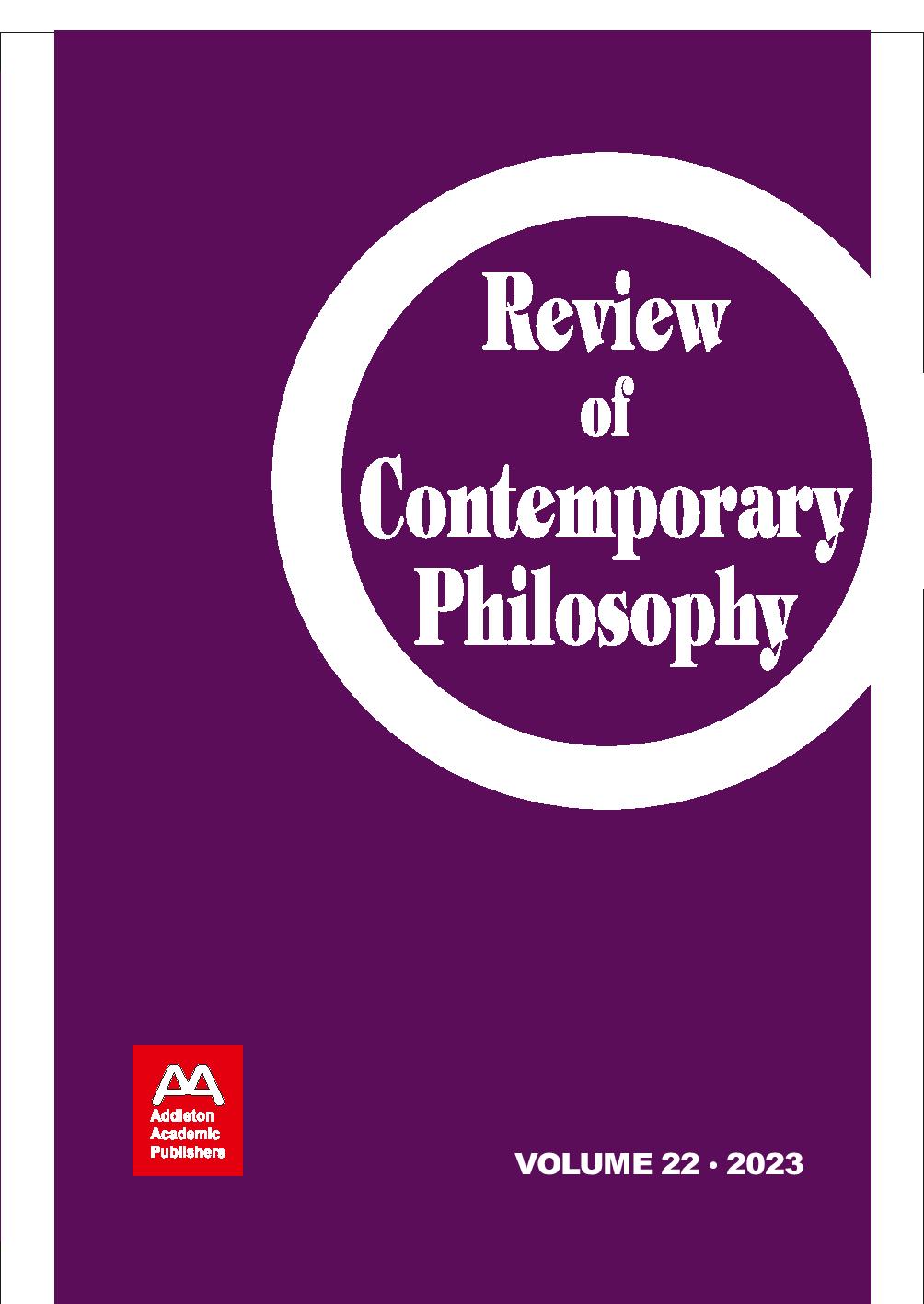Machine Learning-based Predictive and Virtual Mapping Algorithms, Immersive Metaverse and Holographic Telepresence Technologies, and 3D Generative Modeling and Multiscale Spatial Data Processing Tools in Extended Reality Environments
Machine Learning-based Predictive and Virtual Mapping Algorithms, Immersive Metaverse and Holographic Telepresence Technologies, and 3D Generative Modeling and Multiscale Spatial Data Processing Tools in Extended Reality Environments
Author(s): Susan HenleySubject(s): ICT Information and Communications Technologies
Published by: Addleton Academic Publishers
Keywords: machine learning; predictive and virtual mapping algorithms; immersive metaverse; holographic telepresence technologies; 3D generative modeling; multiscale spatial data processing tools;
Summary/Abstract: The purpose of this study is to examine location-based predictive and visual cognitive algorithms, immersive metaverse and holographic telepresence technologies, and digital twin-enabled edge and intelligent sensing networks. I contribute to the literature on digital twin data modeling and visualization, location intelligence data, and ambient intelligence and digital simulation technologies by showing that ambient intelligence environments necessitate hyper-realistic immersive 3D simulations, sentiment recognition and remote sensing technologies, and data mining and visual attention modeling tools. Throughout May 2023, I performed a quantitative literature review of the Web of Science, Scopus, and ProQuest databases, with search terms including “extended reality environments” + “machine learning-based predictive and virtual mapping algorithms,” “immersive metaverse and holographic telepresence technologies,” and “3D generative modeling and multiscale spatial data processing tools.” As I inspected research published in 2022 and 2023, only 177 articles satisfied the eligibility criteria. By removing controversial findings, outcomes unsubstantiated by replication, too imprecise material, or having similar titles, I decided upon 34, generally empirical, sources. Data visualization tools: Dimensions (bibliometric mapping) and VOSviewer (layout algorithms). Reporting quality assessment tool: PRISMA. Methodological quality assessment tools include: AXIS, Dedoose, MMAT, and SRDR.
Journal: Review of Contemporary Philosophy
- Issue Year: 2023
- Issue No: 22
- Page Range: 154-171
- Page Count: 18
- Language: English
- Content File-PDF

